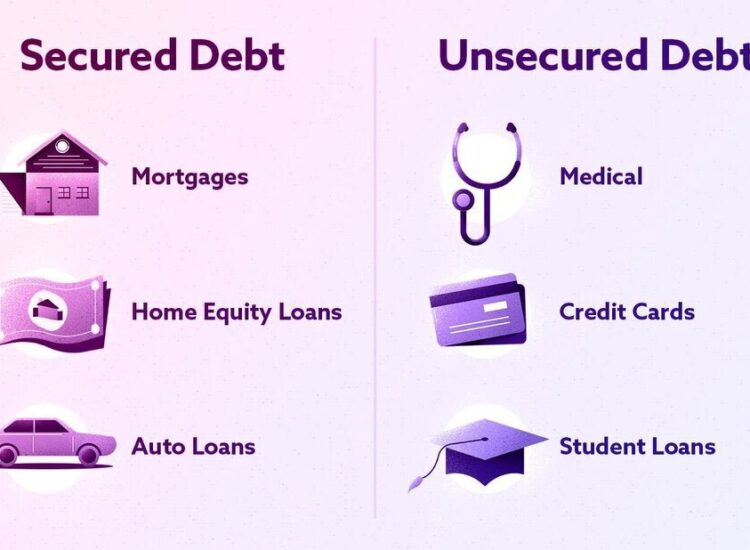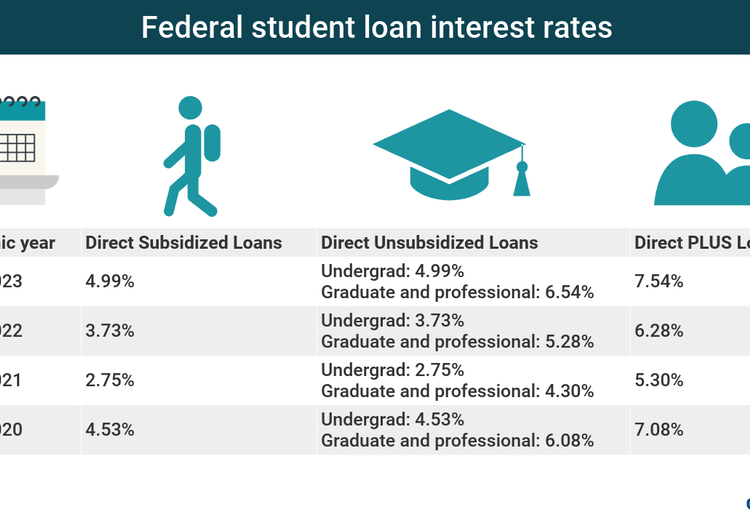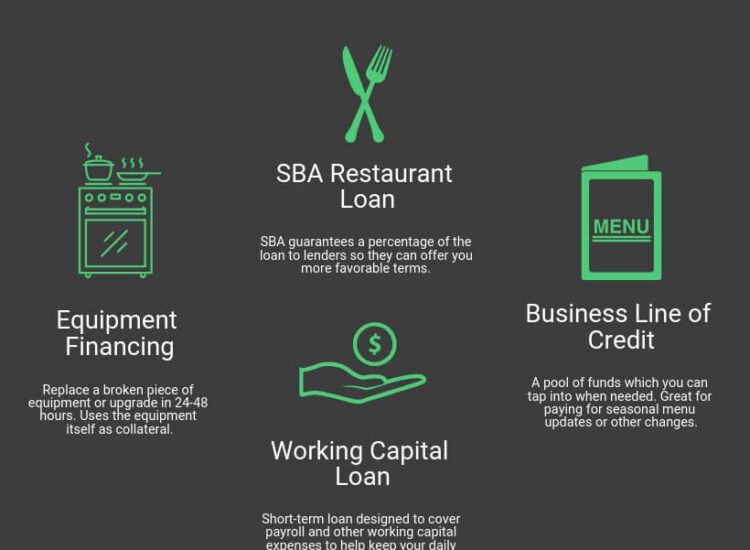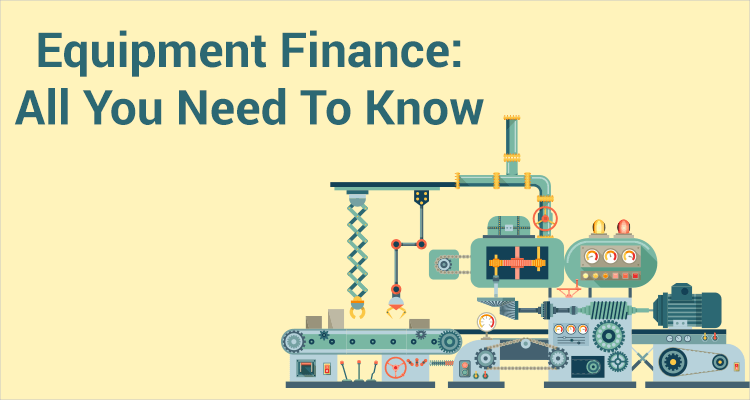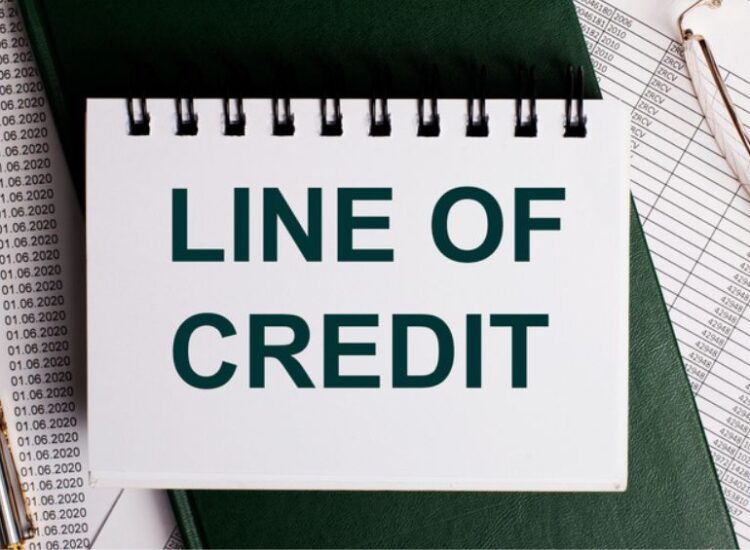Unlock the equity in your home and transform your dream renovations into reality with a Capital One home equity loan. Many believe home equity loans are solely for major renovations, but a Capital One home equity loan can also fund smaller projects, such as kitchen upgrades or energy-efficient window replacements. However, high interest rates and stringent credit requirements can make it an unsuitable option for some homeowners. This article details the loan’s intricacies.
Toc
- 1. Understanding Capital One Home Equity Loans: A Comprehensive Overview
- 2. Capital One Home Equity Loan Rates: Understanding the Financial Landscape
- 3. Capital One Home Equity Loan Requirements: Eligibility Criteria
- 4. Navigating the Capital One Home Equity Loan Application Process
- 5. Capital One Home Equity Loan Calculator: Financial Planning Tool
- 6. Customer Insights: Capital One Home Equity Loan Reviews
- 7. Alternative Financing Options
- 8. Tax Implications and Financial Considerations
- 9. Conclusion: Making an Informed Decision
- 10. Related articles 02:
- 11. Related articles 01:
Understanding Capital One Home Equity Loans: A Comprehensive Overview
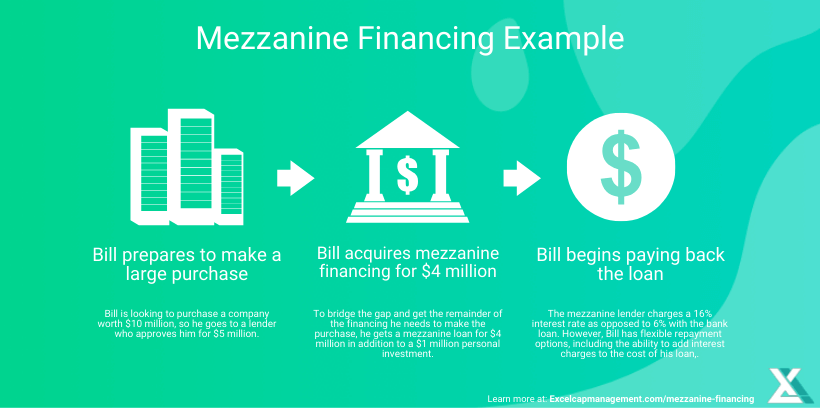
A home equity loan enables homeowners to leverage the value they’ve built in their property, providing a strategic financial tool for various renovation and improvement projects. Capital One’s home equity loan offers a structured approach to accessing your home’s equity, with several key advantages:
- Fixed interest rates
- Predictable repayment terms
- Potential tax benefits
- Flexible fund usage
How Home Equity is Calculated
Calculating your home equity involves subtracting your outstanding mortgage balance from your property’s current market value. For example:
- Home Market Value: $350,000
- Remaining Mortgage Balance: $225,000
- Available Home Equity: $125,000
This equity can be tapped into for various purposes, including home improvements, debt consolidation, or major purchases, making it a versatile financial tool.
Capital One Home Equity Loan Rates: Understanding the Financial Landscape
Current Interest Rate Dynamics
Capital One home equity loan rates fluctuate based on multiple factors, including credit score, loan-to-value ratio, current market conditions, and individual financial profiles. Hypothetical rate ranges for 2024 are as follows:
| Loan Term | Potential Interest Rate |
|---|---|
| 5 years | 6.25% – 7.00% |
| 10 years | 6.50% – 7.25% |
| 15 years | 6.75% – 7.50% |
The Federal Reserve’s interest rate hikes in 2022 and 2023 have significantly impacted home equity loan rates. While rates have begun to stabilize, they remain higher than in previous years, making it essential for homeowners to evaluate their financial strategies carefully.
Factors Influencing Your Interest Rate
- Credit Score Impact
- Excellent credit (750+): Lower rates
- Good credit (700-749): Competitive rates
- Fair credit (620-699): Higher rates
A strong credit score not only helps secure better interest rates but can also improve your overall borrowing experience. Lenders, including Capital One, view a higher credit score as an indicator of financial responsibility, which can lead to more favorable terms.
- Loan-to-Value (LTV) Considerations
- Lower LTV typically means better rates
- Recommended LTV: Below 80%
The LTV ratio is critical in determining how much you can borrow against your home’s equity. A lower ratio signals less risk to lenders, often resulting in lower interest rates and better terms.
- Debt-to-Income (DTI) Ratio
- Lower DTI generally results in better rates
A lower DTI indicates a borrower’s ability to manage their finances effectively. For instance, a borrower with a DTI of 30% might qualify for a lower interest rate than one with a DTI of 40%, even if both have similar credit scores.
- Market Conditions
- Fluctuating economic factors
- Federal Reserve interest rate adjustments
Market conditions can have a significant impact on interest rates. It is essential to stay informed about economic trends, as they can affect the rates offered by lenders, including Capital One.
Capital One Home Equity Loan Requirements: Eligibility Criteria
Key Qualification Parameters
To qualify for a Capital One home equity loan, applicants must meet certain criteria:
- Minimum Credit Score: 620
- Maximum Debt-to-Income Ratio: 43%
- Minimum Home Equity: 15-20%
- Stable Income Documentation
These requirements ensure that borrowers can manage their loan payments effectively, minimizing the risk for both the borrower and the lender.
Documentation Checklist
When applying for a Capital One home equity loan, you’ll need to gather various documents, including:
- Proof of income (pay stubs, W-2s)
- Tax returns (2-3 years)
- Mortgage statements
- Property information (deed, tax assessments)
- Government-issued identification
Having these documents ready can streamline the application process and improve your chances of approval.
Step-by-Step Application Guide
- Pre-Qualification
- Online initial assessment
- Soft credit check
- Preliminary eligibility determination
Pre-qualification is an excellent first step to gauge your likelihood of approval. It involves a soft credit inquiry, which does not affect your credit score, and provides insight into the amount you may be eligible to borrow.
- Documentation Submission
- Upload required financial documents
- Provide detailed property information
After pre-qualification, you will need to submit the necessary documentation. This may include providing detailed information about your property, such as its value and any existing liens.
- Loan Processing
- Comprehensive financial review
- Property appraisal
- Underwriting evaluation
During this stage, Capital One will assess your financial situation, review your credit history, and conduct a property appraisal to determine its current market value.
- Approval and Closing
- Loan term confirmation
- Final documentation
- Fund disbursement
Once approved, you will finalize the loan agreement and receive your funds, allowing you to begin your home improvement projects.
Capital One Home Equity Loan Calculator: Financial Planning Tool
The Capital One home equity loan calculator is a valuable resource for potential borrowers. This tool can help you:
- Estimate monthly payments
- Understand total loan costs
- Compare different loan scenarios
- Plan home improvement budgets
Using the Calculator Effectively
To utilize the calculator effectively, consider the following steps:
- Input precise loan amount: Enter the total amount you wish to borrow based on your equity.
- Select appropriate loan term: Choose from various terms (e.g., 5, 10, or 15 years) to see how it affects your monthly payment.
- Consider interest rate variations: Input different interest rates to see how they impact your overall cost.
- Analyze potential monthly obligations: Review the monthly payments and total interest paid over the life of the loan.
This tool can be instrumental in budgeting for your home improvement projects and ensuring you remain within your financial limits.
Customer Insights: Capital One Home Equity Loan Reviews
User Experience Highlights
Customer feedback plays a crucial role in evaluating the effectiveness of Capital One’s home equity loans. Here are some common themes from user reviews:
- Streamlined online application: Many customers appreciate the user-friendly online application process, which simplifies the initial steps of securing a loan. However, some users have reported finding the process complex or encountering technical difficulties.
- Competitive interest rates: Borrowers often cite Capital One’s competitive rates as a significant advantage compared to other lenders.
- Responsive customer service: Positive experiences with customer service representatives help build trust and confidence among borrowers.
- Transparent fee structure: Clarity regarding fees and charges is frequently mentioned, which helps customers feel informed throughout the process.
Potential Considerations
Despite the positives, some users have noted areas for improvement:
- Processing time can vary: Some borrowers experience longer wait times for approval and disbursement than anticipated.
- Strict qualification requirements: High credit score and equity requirements can exclude potential borrowers.
- Potential closing costs: While many appreciate the transparency of fees, some borrowers express concerns about unexpected costs at closing.
Alternative Financing Options
While a Capital One home equity loan can be a great option for many homeowners, it’s essential to consider other financing alternatives that may suit your needs better.
Comparative Analysis
- Home Equity Line of Credit (HELOC)
- Advantages: Flexible borrowing allows you to draw funds as needed; only pay interest on what you use.
- Disadvantages: Typically has variable interest rates, which can increase over time, leading to unpredictable payments.
- Cash-Out Refinancing
- Advantages: Potentially lower overall interest rates; replaces your existing mortgage with a larger one, providing cash for renovations.
- Disadvantages: Longer-term commitment; may involve higher closing costs and stricter credit requirements.
- Personal Loans
- Advantages: Unsecured borrowing means no equity is required; faster approval process.
- Disadvantages: Higher interest rates compared to home equity loans; shorter repayment terms may lead to higher monthly payments.
- Buy Now, Pay Later (BNPL) Options
- Advantages: Convenient financing for smaller home improvement projects; quick access to funds.
- Disadvantages: Often comes with high interest rates and may not be suitable for larger projects.
Comparison Table of Financing Options
| Financing Option | Interest Rates | Loan Amount | Term Length | Key Benefits |
|---|---|---|---|---|
| Capital One Home Equity Loan | Fixed, competitive | Up to 85% of equity | 5, 10, 15 years | Predictable payments |
| HELOC | Variable, fluctuates | Varies by equity | Revolving line | Flexible borrowing |
| Cash-Out Refinancing | Fixed or variable | Up to 80% of equity | 15-30 years | Lower rates possible |
| Personal Loans | Higher than home equity | Up to $100,000 | 3-7 years | Quick access to funds |
| BNPL | Often high | Varies | Short-term | Easy approval |
Tax Implications and Financial Considerations
Potential Tax Benefits
One of the key advantages of a Capital One home equity loan is the potential tax deductibility of the interest paid, particularly if the funds are used for home improvements. Here are some essential points to consider:
- Tax Deductibility: Interest on home equity loans may be tax-deductible, provided the funds are used for qualified improvements. However, tax deductibility rules can change, so it’s vital to consult current IRS guidelines.
- Consultation with Tax Professionals: It’s wise to speak with a tax advisor to understand how these benefits apply to your specific situation and to ensure compliance with IRS regulations.
- Documentation: Keep thorough records of your home improvement expenses to substantiate your claims during tax season.
Closing Costs and Prepayment Penalties
When considering a Capital One home equity loan, be aware of potential closing costs, which can vary by lender. Additionally, inquire about prepayment penalties that may apply if you decide to pay off your loan early. Understanding these financial implications can help you make a more informed decision.
Conclusion: Making an Informed Decision
A Capital One home equity loan offers a structured approach to accessing your home’s equity for improvements. By understanding rates, requirements, and application processes, homeowners can make strategic financial decisions.
Key Takeaways
- Evaluate Your Financial Readiness: Assess your credit score, debt-to-income ratio, and overall financial health before applying. This ensures that you are prepared for the commitment of a home equity loan.
- Compare Multiple Financing Options: Consider alternatives such as HELOCs, cash-out refinancing, personal loans, and even BNPL options to find the best fit for your needs. Each option has its own set of benefits and drawbacks that can significantly affect your financial situation.
- Understand Long-Term Financial Implications: Be aware of interest rates, fees, and potential tax benefits associated with home equity loans. This knowledge will empower you to make sound financial decisions.
- Leverage Online Tools and Resources: Utilize the Capital One home equity loan calculator and other financial planning tools to budget effectively. These resources can guide you in making informed choices about your borrowing needs.
In conclusion, careful planning and comparison shopping are crucial before committing to any home equity loan. Explore Capital One’s home equity loan options today and transform your home improvement dreams into reality. Always check for the latest rates and requirements on Capital One’s website to ensure you have the most up-to-date information before proceeding with your application.
1. https://khositrangsuc.com/mmoga-parent-plus-loan-consolidation-your-complete-guide/
2. https://khositrangsuc.com/mmoga-find-the-best-small-business-line-of-credit-loan/
4. https://khositrangsuc.com/mmoga-sofi-loan-consolidation-your-guide-to-simplifying-debt/
5. https://khositrangsuc.com/mmoga-va-loan-pre-approval-your-step-by-step-guide/
1. https://khositrangsuc.com/mmoga-sofi-loan-consolidation-your-guide-to-simplifying-debt/
3. https://khositrangsuc.com/mmoga-va-loan-pre-approval-your-step-by-step-guide/
4. https://khositrangsuc.com/mmoga-parent-plus-loan-consolidation-your-complete-guide/
5. https://khositrangsuc.com/mmoga-find-the-best-small-business-line-of-credit-loan/
